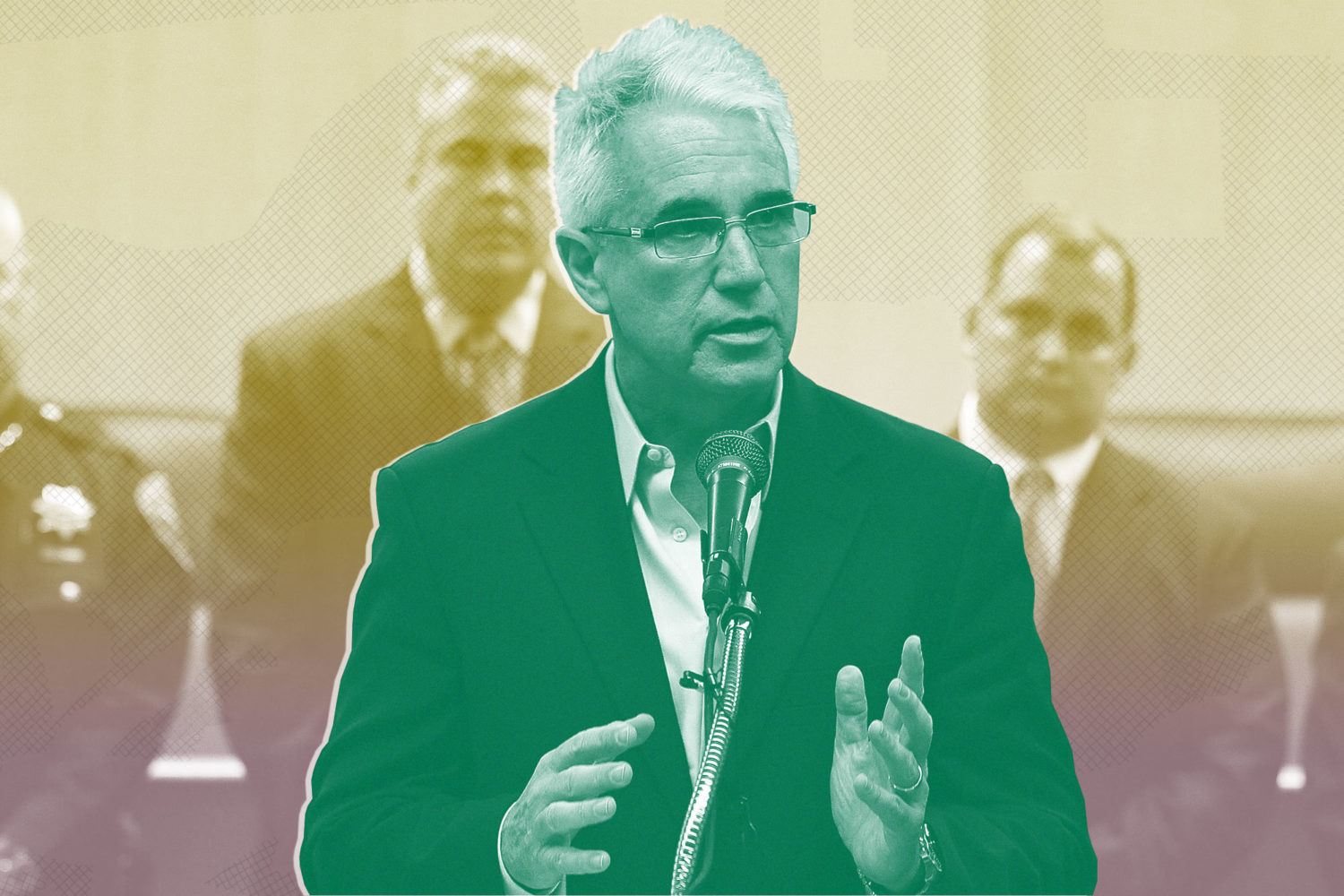Spotlight: ‘A New Wave of Prosecutorial Transparency’
Prosecutors are supremely powerful and have played an outsize role in mass incarceration. What can be done?

It should be news to no one that prosecutors are supremely powerful and have played an outsize role in mass incarceration, but what can be done? Until the public knows what prosecutors are doing, not much. The most powerful players in the criminal legal system are the least transparent.
“Prosecutors’ offices are notorious for their lack of transparency. Across the country, we see them obfuscating information about their policies and practices—even though they are elected officials and some of the most powerful people in the criminal legal system,” says Nicole Zayas Fortier, advocacy and policy counsel at the ACLU’s Campaign for Smart Justice. Fortier and others call this the prosecutorial black box.
But that is starting to change.
Connecticut is poised to “become the first state to begin collecting prosecutorial data statewide, under legislation that received rare unanimous votes in both the state Senate and House of Representatives within the past week,” according to the Associated Press. “It is part of an effort to try to understand what disparities may or may not exist,” said state Senator Gary Winfield, a Democrat. “If we’re going to take away people’s liberty, we have to make sure there’s nothing untoward in what we’re doing.” The Connecticut bill, which Governor Ned Lamont is expected to sign, will require prosecutors to compile a variety of data, including how many defendants received prison time, plea bargains, or diversionary programs. That data will be broken down by race, ethnicity, sex, and age. “These new requirements will be an important step toward increasing the confidence that communities have in the criminal justice system by helping to ensure that justice is attained in the fairest ways possible,” Lamont said.
“Connecticut is in a better position than most states to collect statewide data, because it is one of only three states—along with Alaska and New Jersey—that have unified statewide prosecution systems,” according to the AP. In addition, Connecticut prosecutors are appointed. In most other states, top prosecutors are elected and make their own decisions on what data to collect and report.
In 2014, the Vera Institute of Justice reviewed more than 200,000 cases from Manhattan and found that Black people were 13 percent more likely than whites to receive plea bargain offers that included jail time.
And last month, San Francisco District Attorney George Gascón released DA Stat, a reporting tool. Fortier said it was “the boldest voluntary step towards transparency yet—publicly publishing decades of data from his office, including charging decisions and trial outcomes, in an online dashboard that will be updated monthly. Now, his community has full access to truly understand how their elected official uses his vast discretion, and whether he exacerbates or combats mass incarceration and racial disparities in the system.” She adds, however, that “it could certainly be improved by including information on demographics, plea deals, and incarceration recommendations to judges.” According to Taylor Walker of WitnessLA, “The data is offered up in graph form and can be broken down by case type, crime type, and date range. … The dashboards will receive fresh data every month, according to the DA’s office.”
“Last March, Cook County District Attorney Kim Foxx released a massive pile of six years worth of prosecutorial data, including case-specific details about demographics—race, age, gender—the judge’s name, whether the case was resolved via plea bargain or verdict, sentence type and length, and more,” writes Walker. “While the DA Stat portal is not as comprehensive as Cook County’s spreadsheets, Gascón’s office told WLA that additional datasets are on the way.” Some demographic data may take more time. The race and ethnicity data comes from the San Francisco Superior Court, which uses a 45-year-old system that contains “a lot of dirty and unreliable data,” and “requires extensive cleaning to get meaningful and accurate results.” For example, the system also “has no category for Latinx” people, according to the prosecutor’s office. Because of this, the court’s mainframe system (CMS) mislabels “persons of Latinx heritage as only white or black.” The DA’s office is working on the issue.
“We should not prosecute a case because we can, we should prosecute a case because we should; because it is for the greater good; because it makes sense,” Gascón said. “Using data often will give us the ability to determine whether we should prosecute a case or not.”
“The past couple of weeks have been monumental in the movement to hold prosecutors accountable for fueling mass incarceration,” Udi Ofer, director of the ACLU’s Campaign for Smart Justice, told The Daily Appeal. In addition to changes in San Francisco and Connecticut, he said, there is pending legislation in Oregon.
“Until recently, civil rights organizations have not demanded that prosecutors operate with the same kind of transparency expected of police,” Ofer said. “Prosecutors have not been subjected to external or political pressures. But all of that is beginning to change.”
The surprising thing about prosecutorial transparency is not that it is beginning to happen, but rather that we went so long with so little of it. It’s excruciatingly necessary. And politically, it isn’t a heavy lift: Polls show it’s very popular.
“We cannot end mass incarceration until we transform the practices of prosecutors, and for that we need a far more complete picture of how prosecutors make their decisions as well as how those decisions impact individuals and communities,” said Ofer. “I believe that this is the beginning of a new wave of prosecutorial transparency legislation, which will then pave the way for transformational changes of prosecutorial practices that have fueled mass incarceration.”
This Spotlight originally appeared in The Daily Appeal newsletter. Subscribe here.
